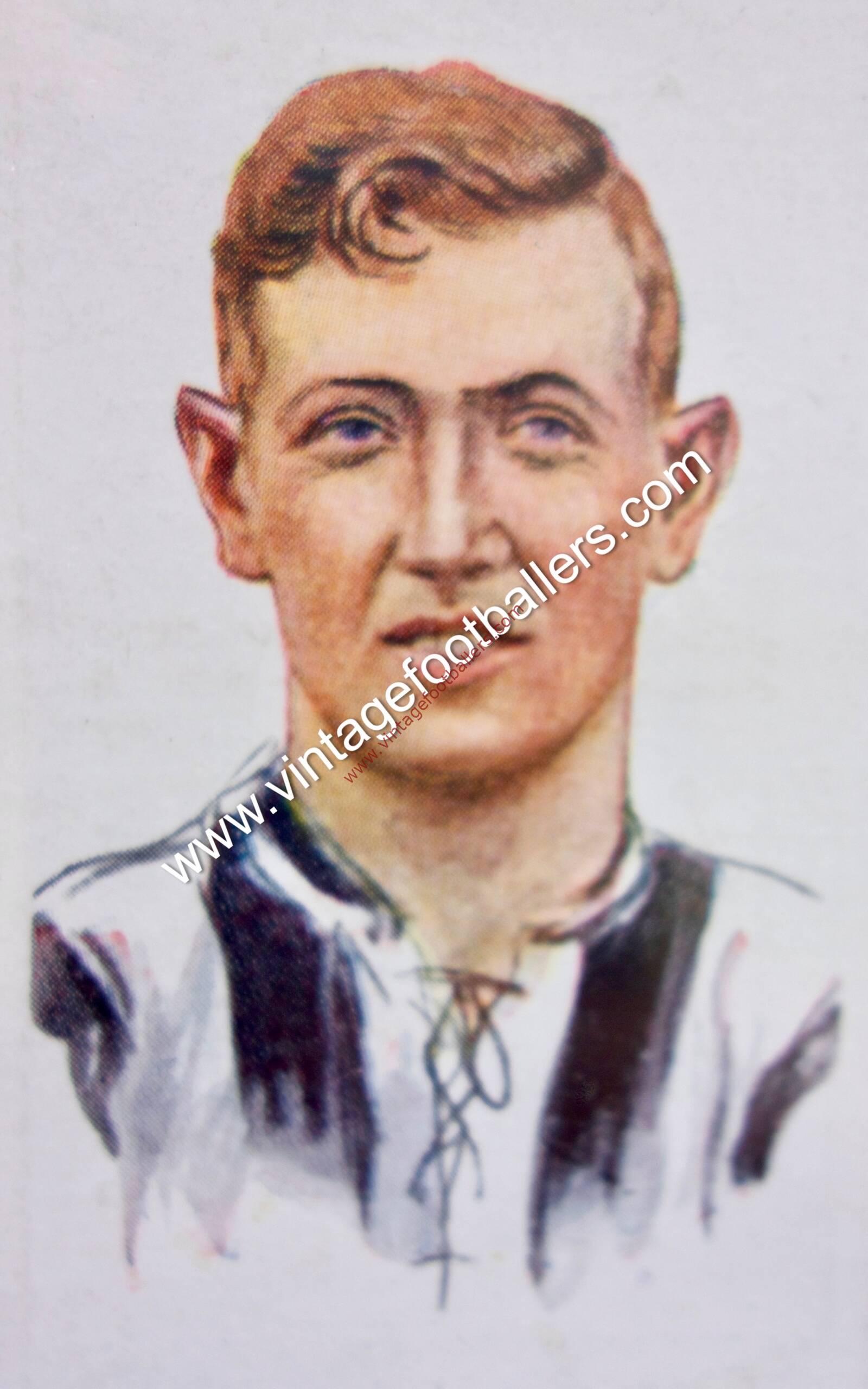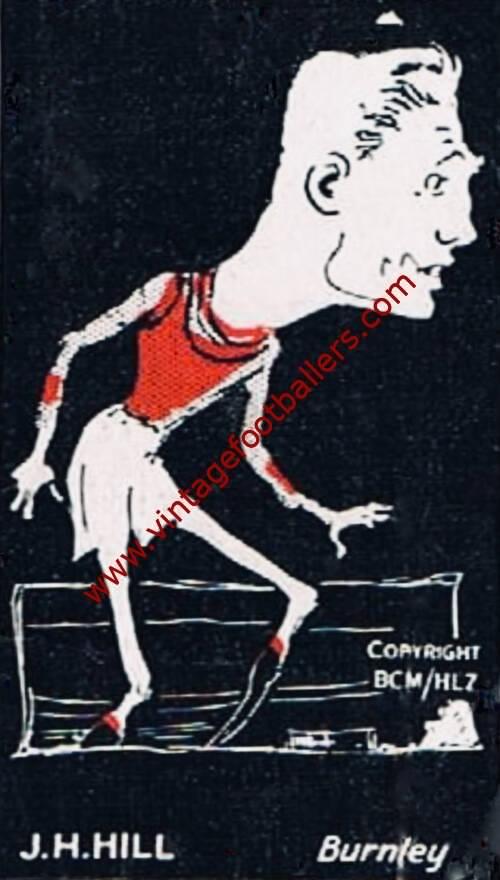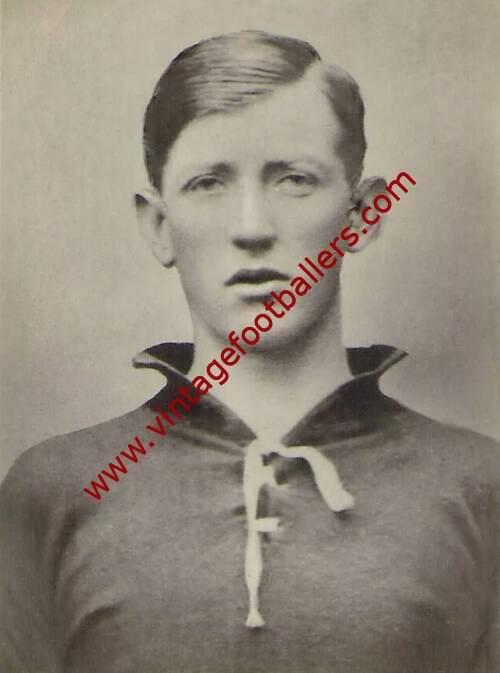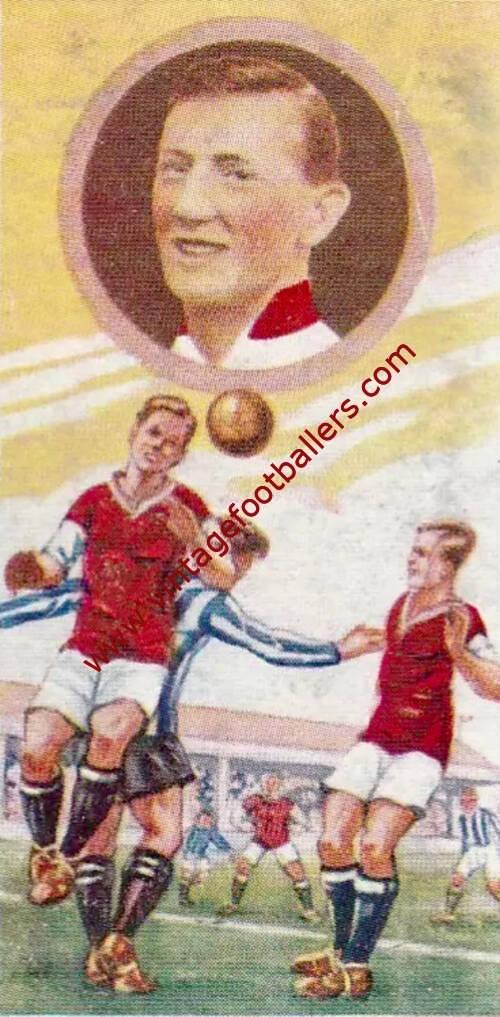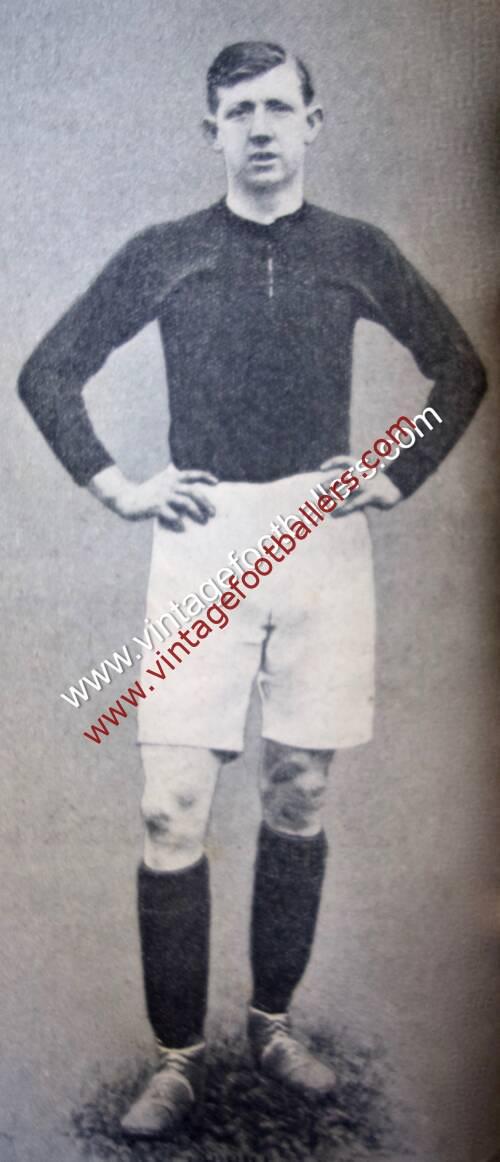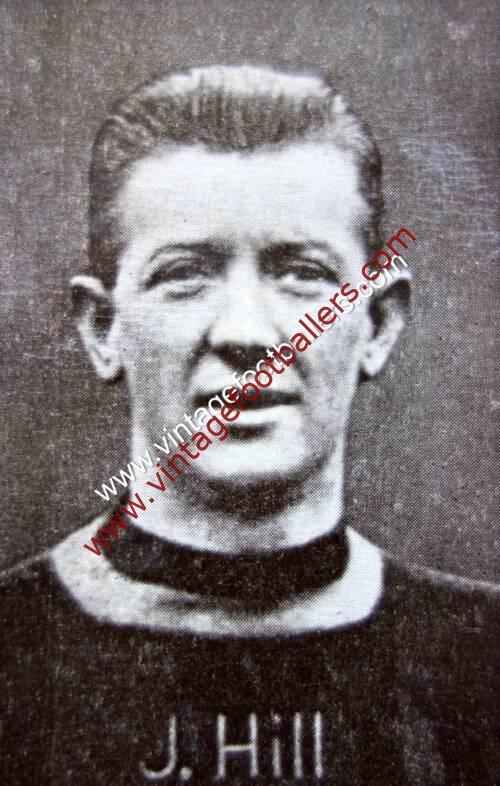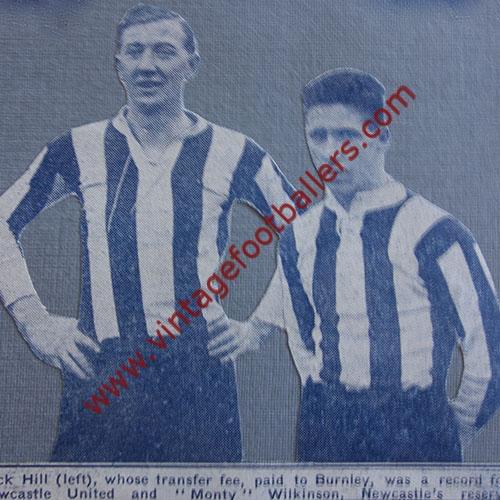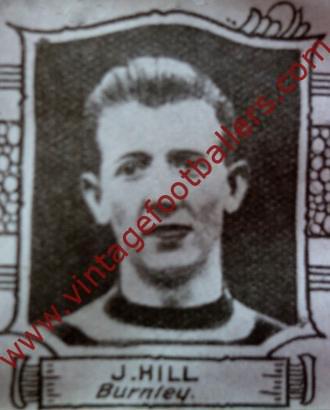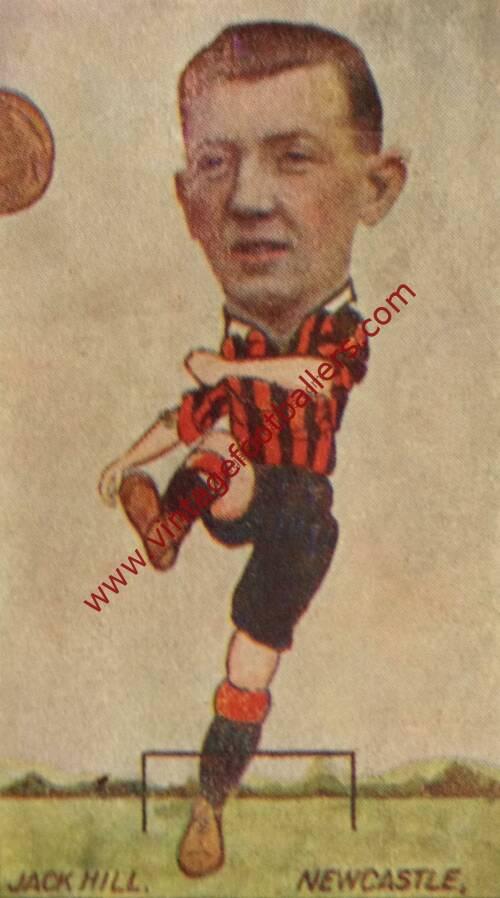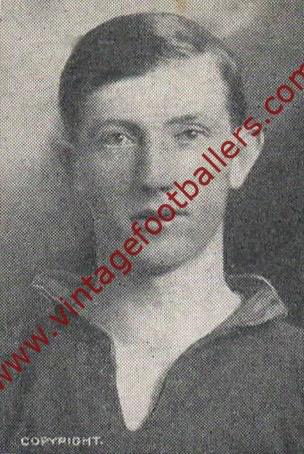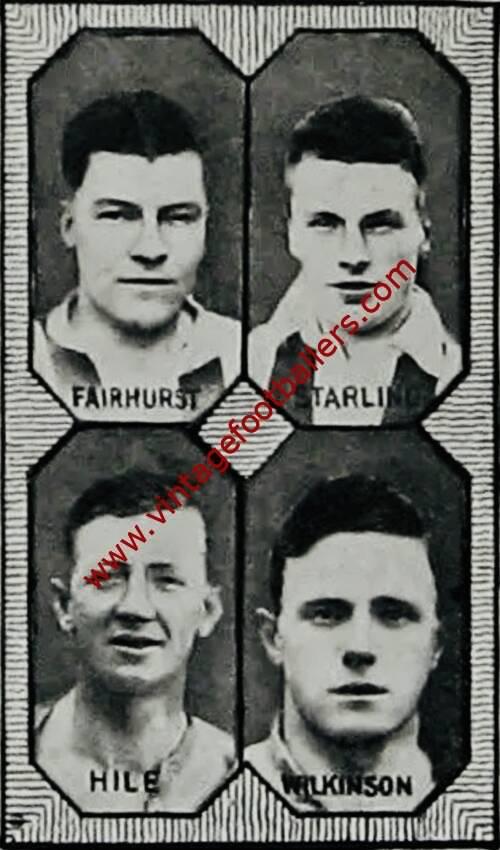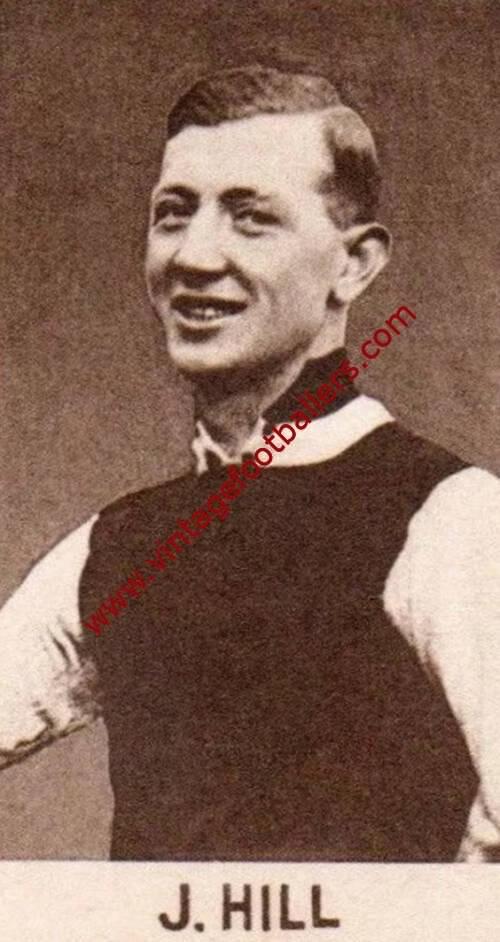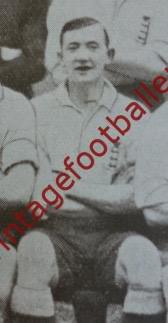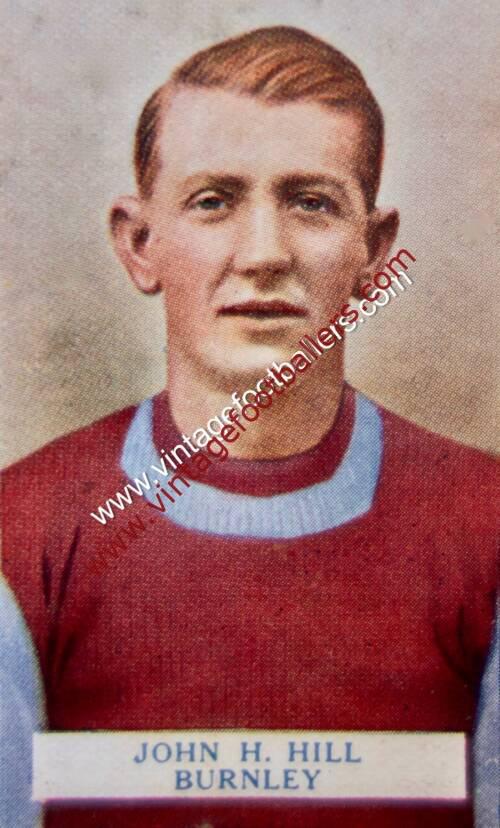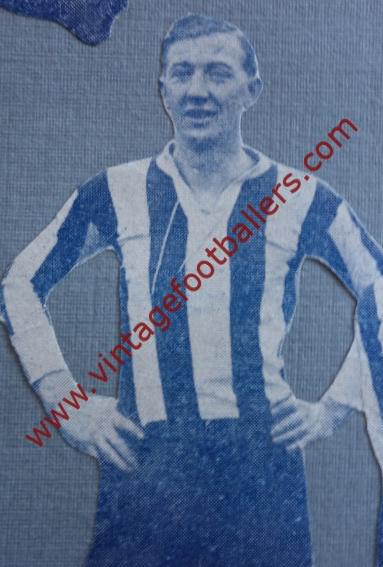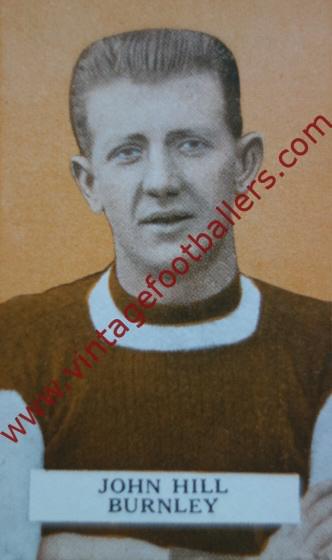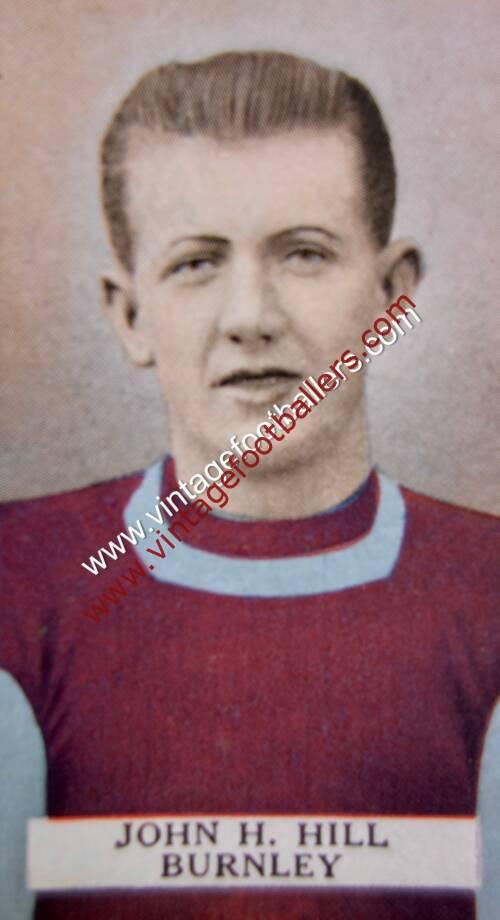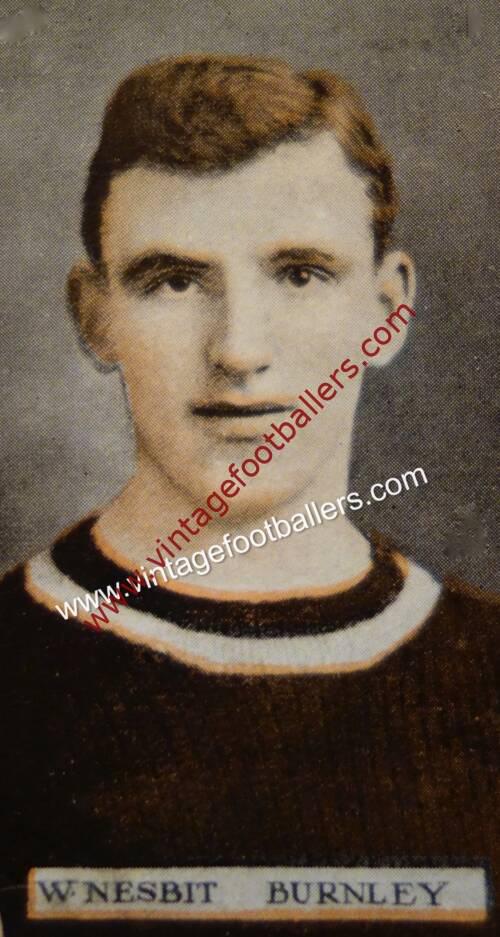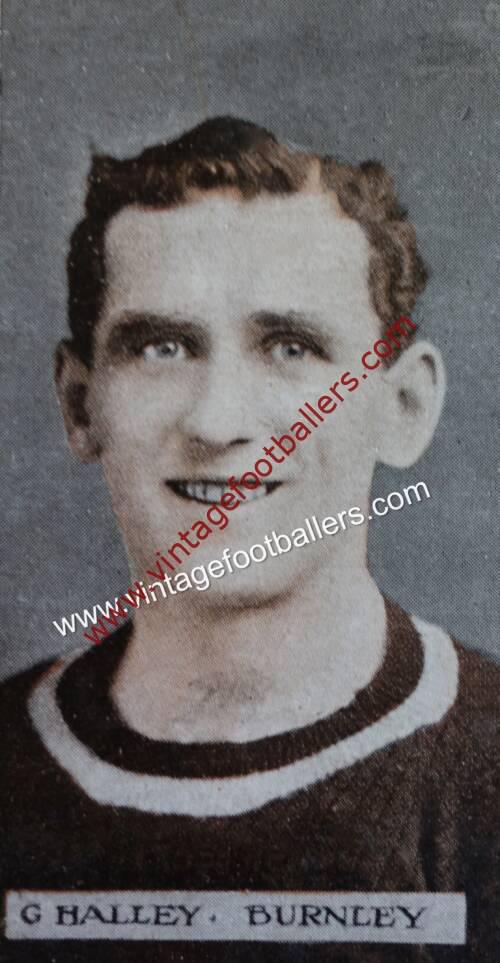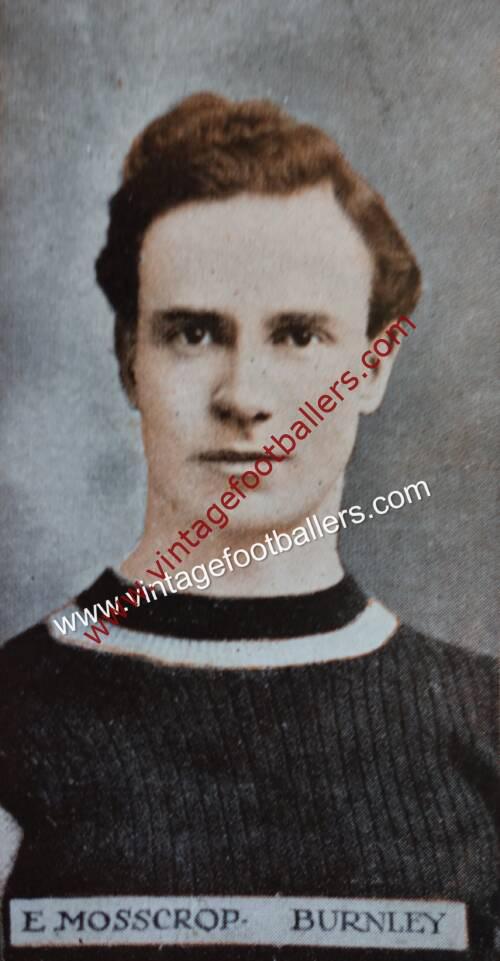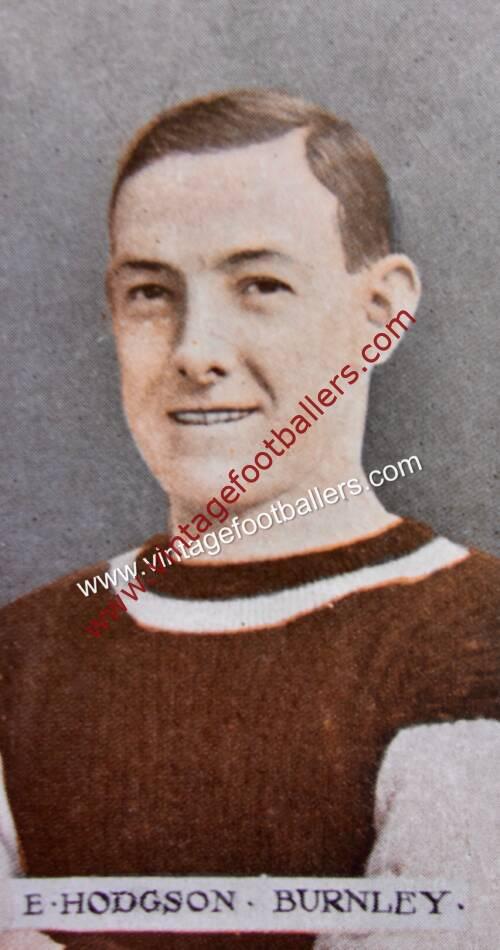Description
Known as “Ginger” due to his red hair, Hetton-le-Hole, County Durham born centre half Jack Hill turned professional with North Eastern League club Durham City in 1919 after playing junior football in and around Durham whilst working as a coal miner. He moved to Devon to join Bob Jack’s Plymouth Argyle, who had recently been admitted to the Football League Third Division (South) in September 1920, making his Football League debut against Crystal Palace the same month. He remained at Home Park for three seasons scoring 10 goals in 111 appearances, in the last two of which Argyle finished as runners-up in the Third Division (South) missing out on the single promotion place available firstly to Southampton on goal difference and then to Bristol City.
In May 1923, he was sold to First Division Burnley for a fee of £5,450, a huge fee at the time, and he missed only 3 matches in his first season at Turf Moor, being part of their 1924 FA Cup semi final team that lost to Aston Villa at Bramall Lane. Although Burnley generally struggled towards the bottom of the First Division during his time with The Clarets, he missed only 7 matches in their 1926-27 campaign as they finished fifth in the League Championship.
After representing the Football League on three occasions, he received his first England call up for a British Home Championship match against Wales at the Vietch Field in February 1925. In this match he played at right half, with Charlie Spencer in the centre. England ran out 2-1 victors, with goals from Frank Roberts. His next England call-up came against Scotland in April 1926, when he took over the No. 5 shirt, which he was to retain for the remainder of his England career. The following year, he took over the captain’s armband for the match at Hampden Park, Glasgow, which England won 2-1, both goals coming from Dixie Dean, and captained his country in 8 of his 11 internationals.
In May 1927, England went on a three-match tour of Europe. In the first match, against Belgium, England ran up nine goals including a hat trick from Dixie Dean and a pair each from George Brown and Arthur Rigby. Hill sat out the next match (against Luxembourg) but returned for the match at the Colombes Stadium in Paris. England again won convincingly, defeating France by six goals (including two each from Dean and Brown). Hill retained his place for the opening match of the 1928 British Home Championship against Ireland at Windsor Park, Belfast on 22 October 1927. Despite going into the game with high expectations, England had a torrid time. After twenty minutes goalkeeper Ted Hufton broke his arm when diving at the feet of Jackie Mahood. Hufton played on but was unable to prevent an own goal after 36 minutes, when Herbert Jones deflected Bobby Irvine’s shot past him. Hufton was eventually taken off after 40 minutes and rushed to hospital, to be replaced in goal by Bury’s John Ball on his solitary England appearance. The position soon worsened as Hill had to retire at half time due to a “nasty” leg injury. England played the rest of the match with 9 men, and went down 2-0.
Hill recovered in time for the next England match, against Wales five weeks later to be played at Burnley’s Turf Moor ground. The situation for England did not improve, however. Dan Tremelling replaced Hufton in goal for his solitary England cap, whilst defenders Alf Baker (Arsenal) and Reg Osborne (Leicester City) were given their first and only chances at international level. England were soon behind to a goal from Wilf Lewis, and after 40 minutes Hill deflected a cross into his own net. In the second half, Roy Goodall had the chance to bring England back into the game but missed his penalty. When England finally scored, this was an own goal as Fred Keenor deflected Louis Page’s corner past Bert Gray in the Welsh goal. Hill was not selected for the final match in the 1928 British Home Championship against Scotland the following March, when England were soundly defeated 5-1, with goals from Alex Jackson (3) and Alex James (2), the famous Wembley Wizards triumph. Thus England finished the Home Championship at the foot of the table, with three defeats, the first time since the commencement of the British Home Championship that England had failed to take a single point.
In October 1928, Hill moved to Newcastle United for £8,100 after 13 goals in 198 games for The Clarets. Newcastle were looking for a replacement for Charlie Spencer. Hill had been recommended to the Newcastle board by Scottish forward Hughie Gallacher, who had come up against Hill several times at both club and international level. As local rivals Sunderland were also keen to sign Hill, Newcastle needed to pay a record transfer fee to secure his services. Described as being “tall and lanky” (he was 6’3″ and probably the League’s tallest player during his career), Hill soon became Newcastle’s captain and “with his willingness to move forward from defence and his quality of distribution”, he was also a great favourite with the fans. Unfortunately, after only a couple of seasons at St James’ Park, Hill fell into dispute with Newcastle’s directors, which led to his premature departure, leaving for Bradford City for a fee of £7,500 in June 1931 after 2 goals in 78 appearances for The Toon.
In May 1929, Hill had been recalled to the England team as captain for a tour of Europe when they defeated France 4-1 and Belgium 5-1, when Camsell scored another four goals, including a hat-trick in six minutes. For the final match of the tour, England played Spain for the first time ever and in a closely fought match, the Spaniards prevailed by four goals to three, this proved to be Hill’s final international appearance.
Hill only stayed at Bradford City until November 1931 scoring once in 8 appearances, before moving to Hull City in a swap deal with Stan Alexander going the other way. In his third season, he helped Hull win the Third Division (North) title in 1933. This was the only title won by Hill during his fifteen year playing career. His three seasons at Anlaby Road saw 4 goals in 102 appearances, and in March 1934 Hill took over the Hull City managerial reins from Haydn Green. In his first season in charge, Hull finished comfortably mid-table in the Second Division. Things did not turn out so well in the following season, and in January 1936, Hill was dismissed, to be replaced by David Menzies who was unable to prevent Hull being relegated with only 20 points. After the Second World War, Hill returned to Hull City where he acted as club scout from 1948 to 1955.

